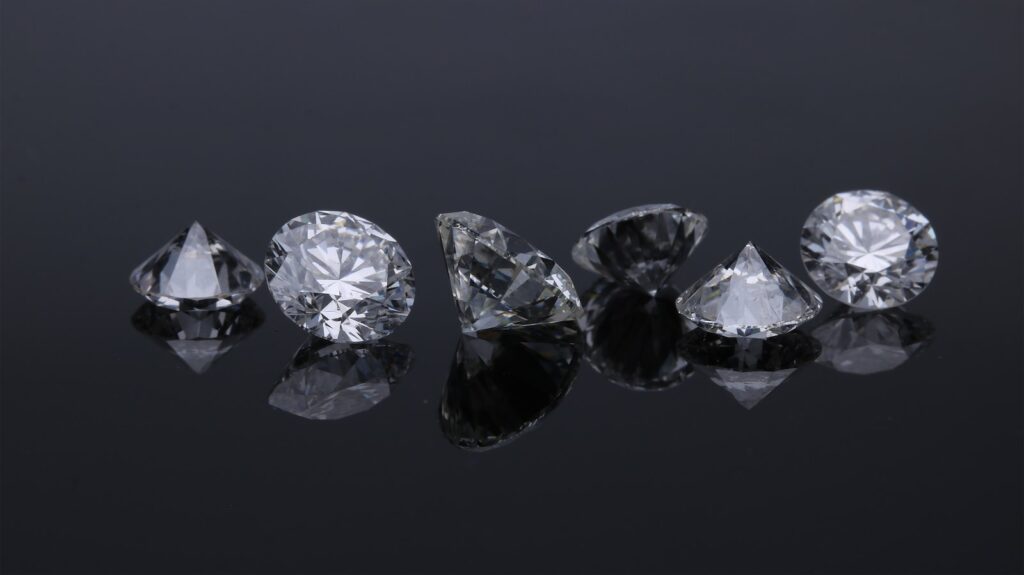Diamond carbon emissions prove ethical jewellery works
Research conducted by ethical jewellery brand Sacet has revealed the startling amount of emissions that can be saved if customers switch over to sustainable, lab-grown crystals.
According to the company, the UK alone could stop 2.5bn tonnes of CO2 entering the atmosphere if every adult chose to switch one mined diamond for a replacement developed in a controlled scientific environment. That’s the equivalent carbon footprint of 6bn citizens, or 19bn Asian elephants. Or driving around the Earth 2bn times.
Of course, the numbers aren’t as relevant as the overall point. So while not every British resident owns a diamond, the logic of the message is sound. Small, incremental changes to our purchasing decisions and behaviour can deliver significant reductions in terms of environmental impact. More so, it highlights the enormous – and largely underreported – footprint of the jewellery industry, and how the sector needs to prepare for wholesale changes if it is to play a part in our process of decarbonising the economy.
‘With the UK looking to reach net zero greenhouse emissions by 2050, it is vital we look at ways companies and individuals can do their bit to help reach this goal,’ said a spokesperson for Sacet. ‘We’re committed to reducing our carbon emissions and are continuing to strive to become a carbon neutral producer, with our workshop’s energy currently fully supplied by solar panels. All of our jewellery is made with lab-grown diamonds, too, and this research highlights the potential ways lab-grown diamonds can positively impact our planet.’
During London Fashion Week this year, Environment Journal published a damning report on the clothing industry. Currently, just 12% of items recycled annually, up to 2,700ltrs of water are used to produce one t-shirt, and 96bn cubic metres of water are consumed by the textile sector overall each year. Food for thought on World Water Day.













